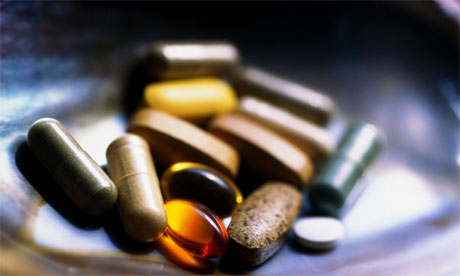
Vitamin A
Also called retinol, vitamin A helps to maintain healthy skin by keeping it moist. It boosts eyesight, especially in dim light, and strengthens the immune system.
Its antioxidant properties can neutralise the free radicals in the body that cause tissue and cellular damage. Vitamin A is found in cheese, oily fish, liver, milk and fortified margarine.
Some plant-based foods contain beta-carotene, which the human body converts to vitamin A. Sweet potato, carrots, pumpkin, apricots and spinach are good sources of beta-carotene.
Vitamin C
Vitamin C is essential for the creation and maintenance of scar tissue, blood vessels and cartilage. It therefore helps wounds heal faster and increases the absorption of iron by the body. Many fruit and vegetables are good sources of it – especially oranges, kiwi fruit, peppers and broccoli. A deficiency of vitamin C causes scurvy, where liver spots form on the skin and gums become spongy and bleed.
Vitamin E
Vitamin E boosts the immune system and protects body cells from damage. Nuts and seeds are rich in it, as well as oils such as olive, corn and soya. The vitamin also contributes to a healthy circulation and aids blood-clotting. Some studies have shown that vitamin E decreases symptoms of premenstrual syndrome and certain types of breast disease.

